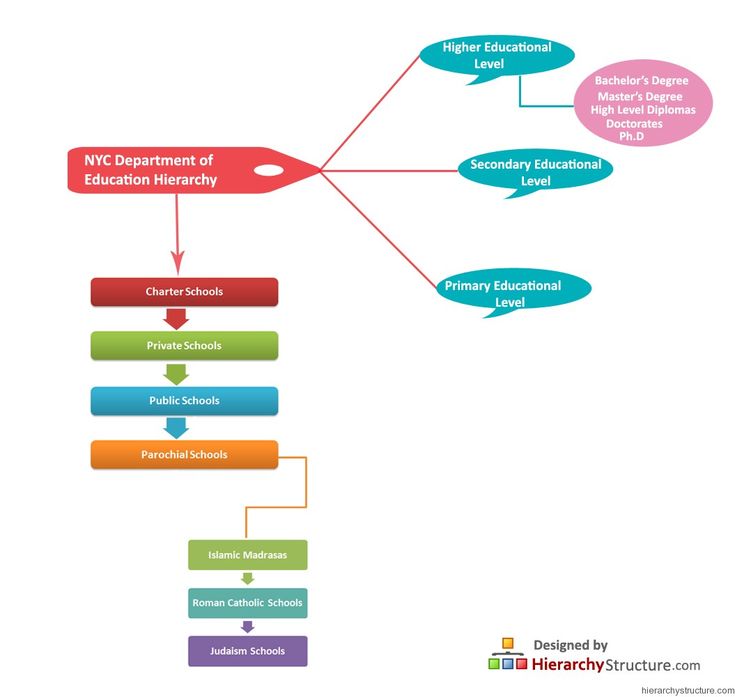Independent schools do not fall under the purview of the Department of Education. Although their primary oversight and accountability is with State governments, they are generally not dependent on them. Often they are run by religious orders and funded through tuition. Here are some key differences between independent schools and their State counterparts. What’s important to know
State governments exercise primary accountability and oversight for independent schools
Despite the fact that the government is responsible for education, the government delegated some of its powers to local bodies, which then make decisions about how schools should operate. State education departments are typically based on geographical boundaries, and are governed by a school board, made up of members elected by the public or appointed by the local bodies. A school board is not independent of the government, and its policies and practices are subject to review and approval by the state legislature and governor.
Although the government is not involved in the management of independent schools, they are highly engaged in public education. Moreover, members of the public can use the opportunity to voice their concerns about the education system at the polls. Many residents base part of their voting decisions on the quality of their public schools. Contacting the local school board is one way to ensure that your voice is heard. You can also contact your local school board if you feel that your child should be taught by an independent school.
They are not dependent upon government
What are independent schools? Independent schools are those which do not rely on government funding and are run by their own board of trustees. Their funding comes primarily from tuition and gifts, and the income earned from an endowment. While some independent schools are affiliated with a religious organization, they are not considered independent schools. They may receive some funding from the government, but their governance and finances must be independent. There are several benefits to independent schools.
Most independent schools are non-aligned with any religious foundation, although some of the most famous ones are part of long-established denominations such as the Anglican Church, Presbyterian Church, and Uniting Methodist Church. A few Catholic schools are non-aligned. They typically have higher tuition costs and are up-market. Listed below are some of the characteristics of independent schools. Once you know a little bit about a school, you’ll know whether it’s for your child or for your entire family.
They are often run by religious orders
There are many advantages to independent schools. They are not driven by standardized test performance, which means they can develop interesting curricula for their students. Because they do not have to meet standardized testing requirements, independent schools may not have the data to prove the success of their approach. Independent schools should also have certified teachers, as public school teachers are expected to undergo rigorous training and adopt the latest changes to their curricula. Without certification, curricula become outdated, and teachers need regular professional development to stay up-to-date.
Regardless of their affiliation, independent schools should not be confused with private schools. Public schools are part of the department of education, while private schools are separate from it. Private schools, like Catholicdiocesan schools, are often run by religious orders. The most common goal of Catholicdiocesan schools is religious development. These private schools have a long history in American education, with one-tenth of them being founded before 1904. They are also more likely to be located in the Northeast than in other regions.
They are funded by tuition
Financial aid is a common source of funding for private schools. AISGW member schools provide more than $140 million in need-based financial aid in 2017-2018, which amounts to nearly 13 percent of the school’s gross tuition. Other sources include private foundations, government grants, and scholarship funds. In addition, some private schools provide tuition assistance for students. Financial aid programs typically involve an application process, with the body providing the financial assistance having the final say over which children receive it and how much.
While tuition fees are the primary source of funding, private schools also often skirt government regulations regarding the content of their curriculum. Private schools that are religiously affiliated usually add religious instruction to public school courses. Special assistance schools focus on enhancing the lives of students. These include tutoring schools for disabled children. However, tuition fees are not always enough to cover all of the expenses that come with attending an independent school. Some schools charge an additional fee for extracurricular activities or uniforms.
They are not regulated by the federal government
Although the federal government has little direct control over the functioning of independent schools, there are certain safeguards in place to ensure that they offer the highest level of educational opportunities. In order to remain accredited, independent schools must meet standards set by the state in which they are located. The six regional accreditation agencies oversee these schools. In addition, the National Association of Independent Schools is the membership organization of independent pre-college schools in the United States.
Under the United States Constitution, public benefits for students attending independent schools are limited. The Establishment Clause, which prohibits government inculcation of religion, protects private schools. State statutes reflect this principle. Because most private schools are religious institutions, the federal government generally restricts public funding of private schools. In addition, the First Amendment does not prohibit the establishment of religious schools. As a result, independent schools may not receive federal funds, but they are still subject to state regulations.

